So, you’re hanging out with your Italian buddies, and suddenly they drop a bombshell by putting a flea in your ear! And just when you thought things couldn’t get any crazier, they start talking about making someone see green rats! Welcome to the wild world of Italian animal idioms!
From verbs to adjectives, slang words to swear words, and even hand gestures, there’s never a dull moment in Italian language. But it’s idioms that are the real cherry on top, brightening up the speech with their quirky charm. And when it comes to animal-related idioms, Italian has some truly interesting expressions, drawing inspiration from creatures big and small, from horses to crabs, and even quails.
So, let’s explore 14 of my favourite Italian animal-related idioms, decoded for you.
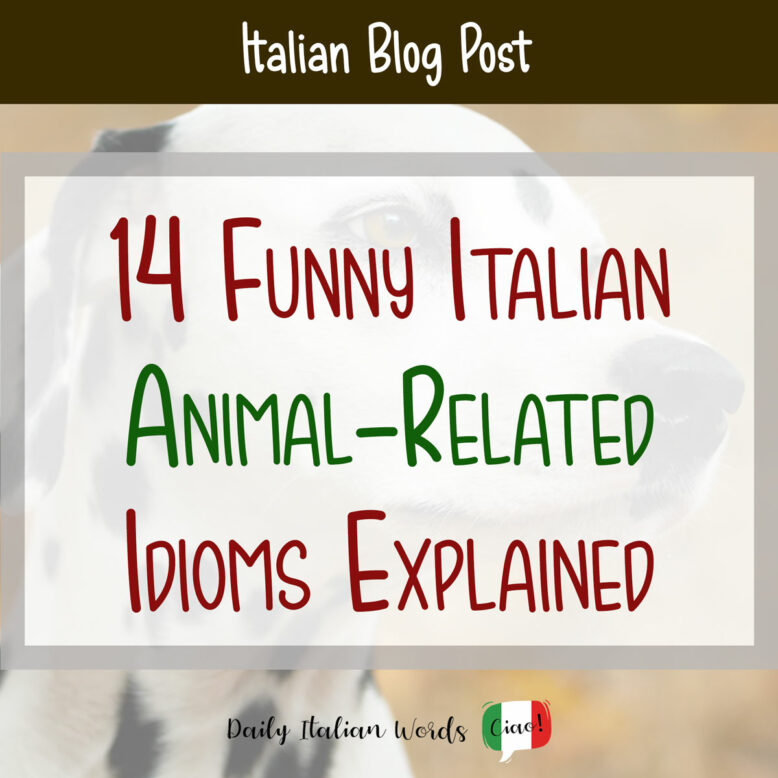
1. Mettere la pulce nell’orecchio
Literally: to put the flea in the ear
Meaning: to plant a seed of doubt
You’re probably thinking, “What on earth does ‘putting a flea in someone’s ear’ have to do with anything?” Well, in Italian, it means planting a seed of doubt and suspicion in someone’s mind, akin to how fleas bother animals. Take, for instance, the phrase Le sue domande mi hanno messo una pulce nell’orecchio, mi chiedo se ci sia qualcosa che non so (Her questions have put a flea in my ear, I wonder if there’s something I don’t know). It perfectly conveys that sense of uncertainty creeping in, making you question what you thought you knew.

2. Fare il salto della quaglia
Literally: to make the quail’s leap
Meaning: to make a quick change
No, this Italian idiom is not about a quail performing acrobatics; it’s about making a quick change. Just like how these birds dart around to avoid hunters, it refers to navigating through life’s twists and turns with agility. So if someone’s switching careers like nobody’s business, or a politician keeps jumping from one party to the next, they’re definitely doing “un salto della quaglia“! There’s even a spicy reference to a certain contraceptive method, but I’ll let you connect the dots on that one!

3. Sputare il rospo
Literally: to spit out the toad
Meaning: to spit it out
Imagine spitting out a toad – not the most pleasant image, right? Well, this idiom is all about confessing something unpleasant or icky that you’ve been holding in. It’s like urging a friend to open up and get things off their chest when they’re clearly troubled. You might say, Dai, sputa il rospo e dimmi cosa c’è che non va (Come on, spit it out and tell me what’s wrong).

4. Conoscere i propri polli
Literally: to know one’s chickens
Meaning: to know someone like the back of one’s hand
This idiom is a fun way to express how well you know someone. Why chickens? Well, back in the day, chicken owners would identify their birds by tying colorful fabric around their legs, hence the expression. So when you’re sure you know someone inside out, to the point you can predict their next move, you can confidently claim, Fidati, conosco i miei polli! (Trust me, I know my chickens!)
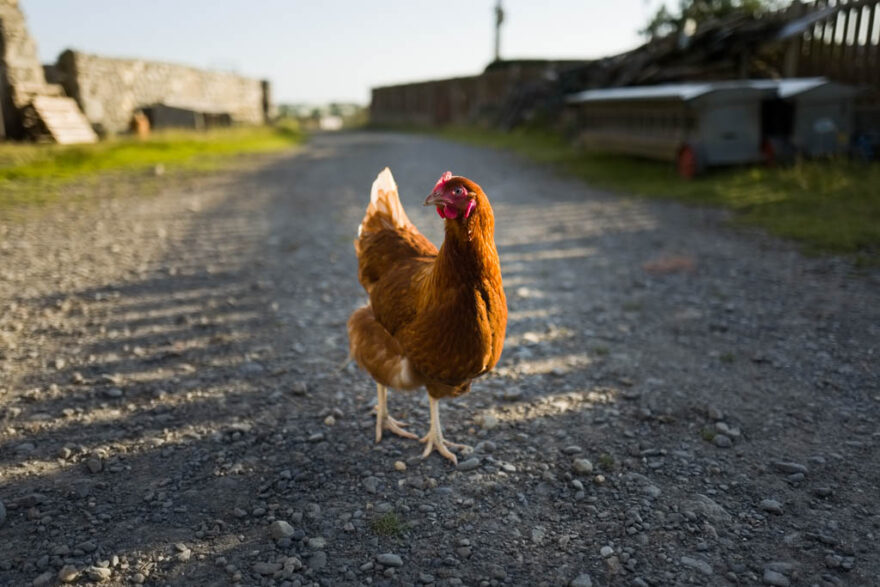
5. Soffrire come un cane / Stare da cani
Literally: to suffer like a dog
Meaning: to feel awful
Why use such adorable animals to express suffering, you ask? Well, consider this: dogs embody love, loyalty, and companionship. When they’re left alone or betrayed, they feel pretty rough, just like us humans do. So, when your friend is heartbroken after a breakup, you can say, Sta soffrendo come un cane, non l’ho mai visto così (He’s feeling awful, I’ve never seen him like this before), capturing the depth of his emotions.

6. Essere una vipera
Literally: to be a viper
Meaning: to be a snake
In Italy, the viper is notorious as the only venomous snake in the country, making it a fitting symbol for someone who is sly and malicious. So, if you your mother-in-law is is constantly causing trouble for no apparent reason, you could playfully tease, È davvero una vipera, cerca sempre un motivo per mettere zizzania! (She’s a real snake, always finding a reason to stir up trouble!).
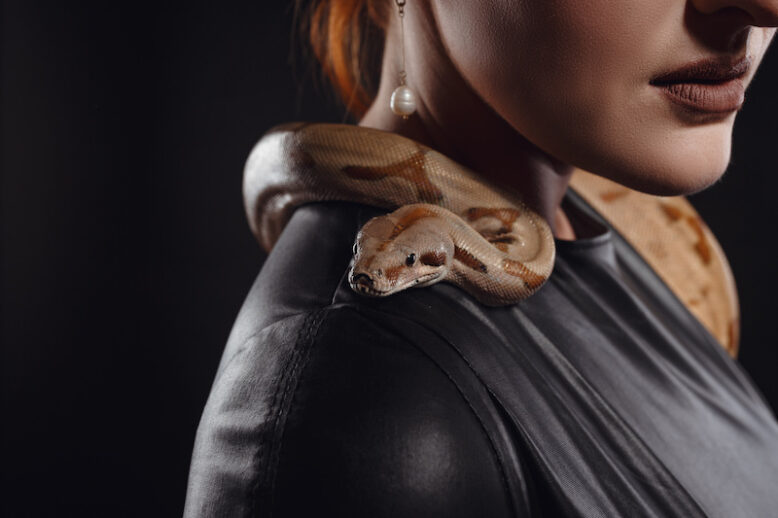
7. Mandare in bestia
Literally: to send to the beast
Meaning: to enrage/to make someone furious
Ever been so angry you could roar like a lion? That’s exactly what this Italian idiom describes – making someone furious to the point of roaring like a wild beast. Just think about those moments when someone’s arrogant behavior pushes you over the edge. You could say Questa sua prepotenza mi manda in bestia! (His arrogant behaviour makes me furious!).

8. Essere un allocco
Literally: to be an tawny owl
Meaning: to be a fool, naive
Far from being stupid, the tawny owl is a predator of the night with these big round eyes that always look like they’re a bit lost in the world. Sound familiar? Well, in Italian, calling someone an allocco is like suggesting a hint of naivety or foolishness! It’s all in good humor, so don’t take it too seriously. Just remember, don’t fall for every trick that comes your way. After all, you wouldn’t want to be labeled an “allocco,” now would you?

9. Prendere un granchio
Literally: to catch a crab
Meaning: to make a mistake
So, you’re out at sea, envisioning a bountiful catch of fish. Suddenly, you feel a tug on your line and you reel it in excitedly, only to discover it’s not a fish but a sneaky crab, potentially causing damage to your gear. This humorous idiom conveys the idea of making a blunder or misjudgment, much like mistakenly believing you’ve hooked a valuable fish only to find a crab instead!

10. Prendere lucciole per lanterne
Literally: to take fireflies for lanterns
Meaning: to blunder/ to misunderstand
Similar to crabs, also fireflies can cause a glaring mistake or misunderstanding, like confusing two things that are totally different. See, fireflies and lanterns both emit light, sure, but apart from that, they’re worlds apart. So the next time your friend Maria insists she’s right about something, you can tease her by saying, Prendi sempre lucciole per lanterne e pretendi persino di avere ragione! (You always mistake fireflies for lanterns, and still claim to be right!)

11. Essere a cavallo
Literally: to be on horseback
Meaning: to be in a favourable situation or to be on track
This expression conveys the idea of breezing through a task or situation. Imagine you and your friends are preparing for an exam, and you realize you only have one chapter left to study. You could cheerfully say, Dai, ci manca solo un capitolo, siamo a cavallo! (Come on, we just have one chapter left, we’re in good shape!). The expression originates from the Middle Ages, when owning a horse was a sign of privilege and afforded opportunities for agriculture, travel, or warfare.

12. Non c’é trippa per gatti
Literally: there is no tripe for cats
Meaning: there’s no free lunch
In the early 1900s, during a financial review of Rome’s budget, the then mayor Ernesto Nathan stumbled upon certain funds allocated for feeding the city’s cats to control mice. In a bold move, he promptly slashed the expense, famously declaring, “There’s no tripe for cats!” And just like that, this iconic Italian idiom was thus born, symbolising the harsh reality of limited resources and dashed hopes. It’s like a kid pleading for more allowance, only to be met with a resolute Non provarci, non c’è trippa per gatti! (Don’t bother, there’s no tripe for cats!).

13. Non cavare un ragno dal buco
Literally: not being able to get a spider out of the hole
Meaning: to get nowhere
This Italian idiom perfectly captures the feeling of putting in effort only to come up empty-handed. Some believe its roots trace back to the humble abodes of ancient peasants, where spiders often took up residence in the numerous nooks and crannies. The mental image of trying to extract a spider from such cramped quarters vividly illustrates the frustration of the task. Like, imagine spending the entire morning hopping from one municipal office to another, desperately seeking a certificate, but to no avail – in such moments, you could express your frustration by saying, Ho perso tutta la mattina e non ho cavato un ragno dal buco (I’ve wasted the whole morning and I’ve gotten nowhere).
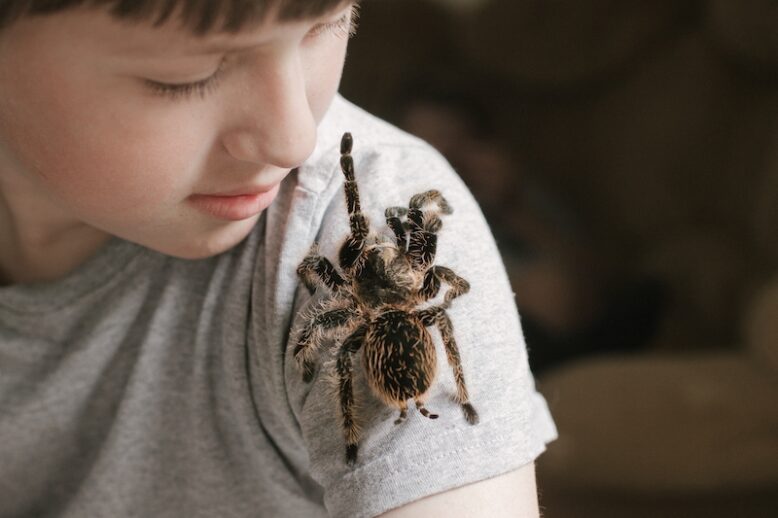
14. Far vedere i sorci verdi a qualcuno
Literally: to make someone see green rats
Meaning: to give someone a hard time, to give someone trouble
This expression humorously describes someone enduring a tough time. Its origins trace back to the 1930s, when a squadron of Italian aviators adorned their planes with three mischievous green rats as their emblem. These brave pilots won international competitions and faced war with courage, making the sight of those rats synonymous with trouble ahead. Fast forward to today, and you might hear this phrase playfully tossed around in conversation, like when a teacher exclaims, Oggi quella classe mi ha fatto vedere i sorci verdi! (Today, that class made me see green rats!)
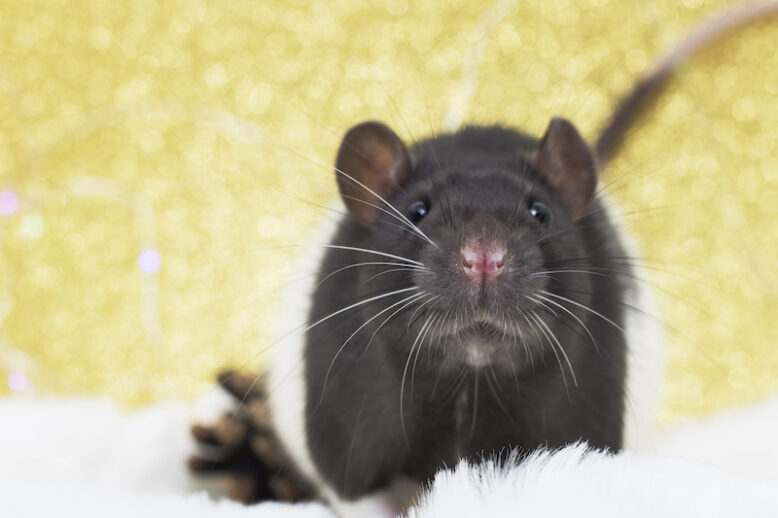

Valentina Nicastro is a travel writer in love with her home country, Italy. Having travelled widely around the globe, she realised there was more to explore closer to home and decided to put the passport aside for a while. When she is not immersed in documenting Italy, you’ll find her donning her communication consultant hat, weaving words as a content writer and bridging linguistic divides as a translator.


